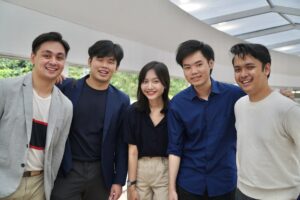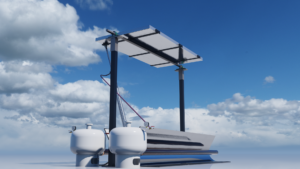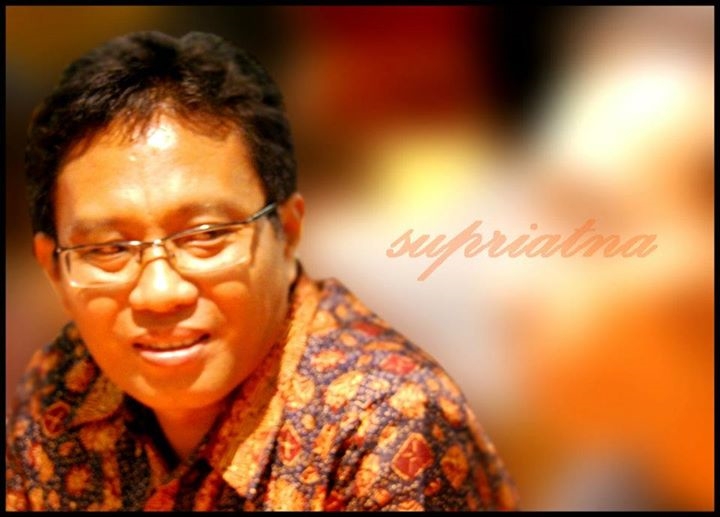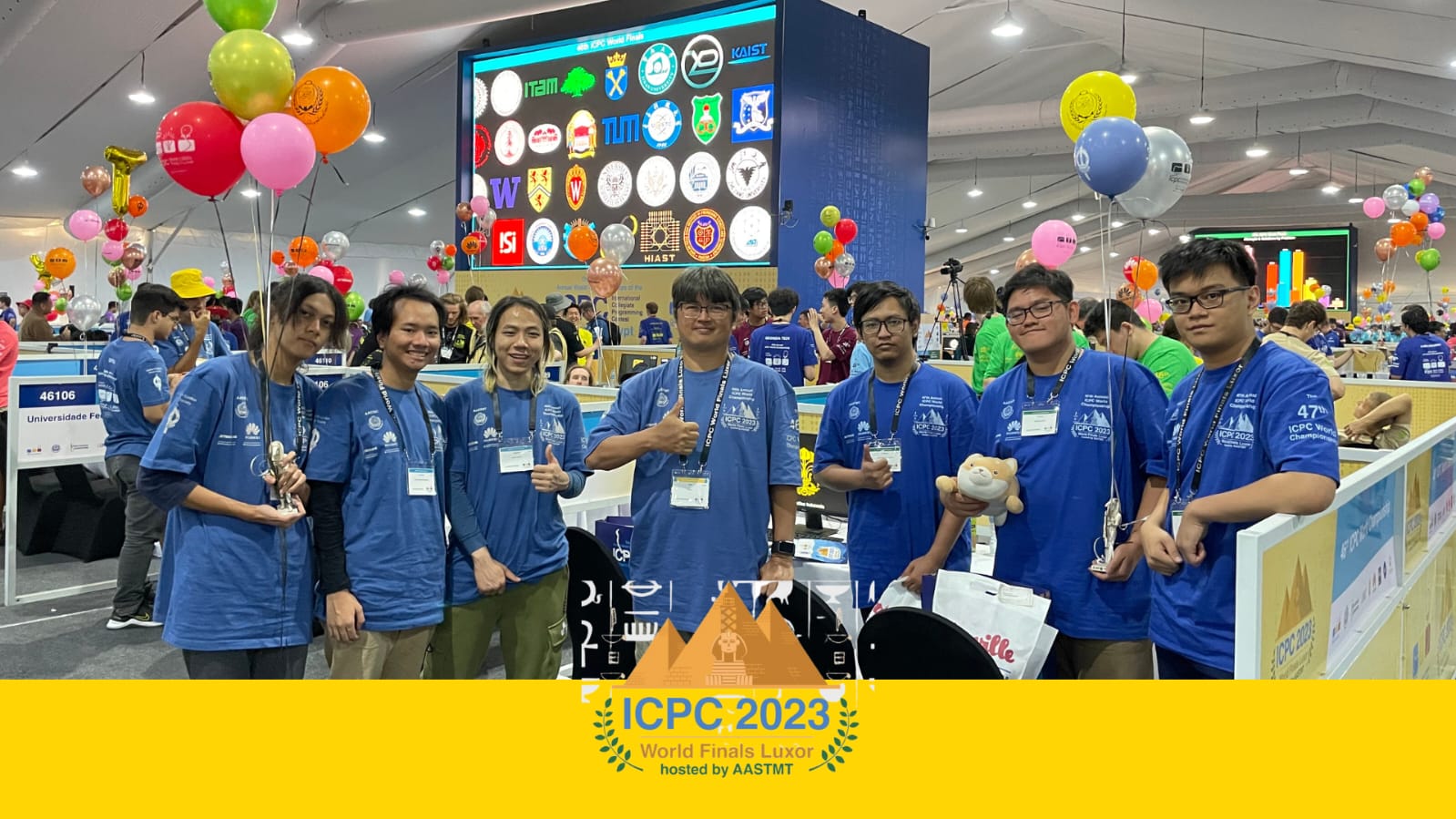
Five final year students from the Faculty of Engineering, University of Indonesia (FT UI), namely Jason Jimmy Palenewen (2019 Bioprocess Engineering study program), Angelina Grace (2019 Chemical Engineering study program), Evan Fadhil Nurhakim (2019 Chemical Engineering study program), Jonathan Tjioe ( Chemical Engineering Study Program 2019), and Juan Khosashi (Chemical Engineering Study Program 2019) created an innovative solar energy tracker (solar tracker) which has simple principles and is relatively economical when compared to conventional solar trackers. This idea was put forward in the context of participating in the Student Creativity Program in the Field of Creation (PKM-KC) and is expected to be a solution to the problem of low efficiency in the use of solar energy in Indonesia. “In our opinion, the use of solar energy as an alternative energy source to meet the electricity needs of the Indonesian people is the right choice because of its geographical location in the tropics and can be reached by sunlight all year round.” said Angel when asked about the reason the team was interested in pursuing renewable energy issues, specifically solar energy. One of the unique features of the SMART tool is that it does not use any electrical components. “SMART’s innovation utilizes the heat generated by sunlight to expand the fluid contained in the piston so that it can create a certain tilt of the solar panel. The mechanism is supported by a solar heat receiver equipped with a vacuum which functions to reduce heat transfer from the hot parts of the solar heat receiver to the outside. In addition, this technology has the ability to rotate on one axis and is able to work passively so that it can increase the efficiency of using solar panels,” said Evan.

The working fluid used in the SMART tool is acetone. The acetone liquid contained in the system is flowed through a stainless steel rod that is placed in an insulated tube that is connected to the gas chamber. “The reason for choosing acetone as the working fluid for the SMART tool is because it is classified as a compound that is easy to find, has a cheap price, and has a boiling point that can be reached from heating by sunlight.” Jonathan said. The background to the creation of the SMART idea was the problem where solar panel users can only enjoy around 18-20% efficiency from fixed panels. In addition, the cost of an electrical solar tracker is high at $650/kWp. Therefore, SMART’s innovation comes on the basis of a mechanical fluid control system, which is able to optimize the performance of solar panels.

Currently, the SMART prototype is 100% complete and has been tested to compare its performance with previous technologies. “We have conducted prototype trials at the Faculty of Engineering, Universitas Indonesia to obtain internal temperature data on the east and west positions as well as the tilt of the solar panels. This data is useful for validating the suitability of the theory with the results of field data from the SMART tool,” added Jason. The team’s success in participating in the entire PIMNAS selection series was also achieved thanks to the intervention of the supervising lecturer, namely Dr. Kenny Lischer, S.T., M.T., a lecturer in the Department of Chemical Engineering who always provides input on the ideas that have been proposed. “Creative work to innovate coupled with high motivation and totality is what makes these students able to compete in the PIMNAS event. A simple idea but very solutive and good delivery makes this message of a cheaper, innovative and stable light power plant conveyed,” concluded Dr. Kenny Lischer, S.T., M.T.
Author: PKM KC FTUI



